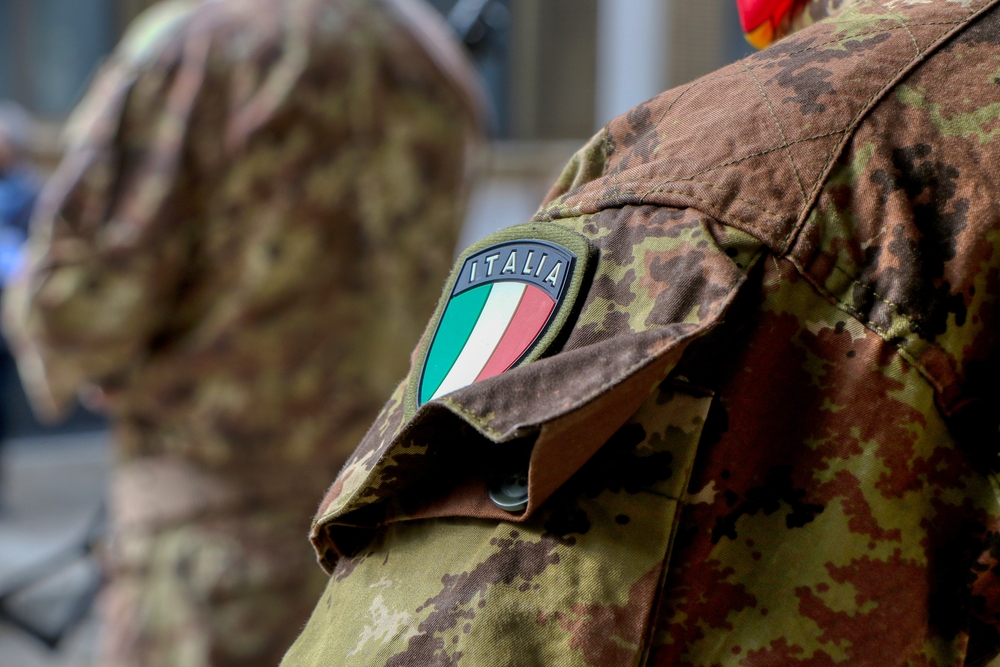Italy has emerged as a critical player in the implementation of Lebanon’s fragile ceasefire, particularly in ensuring Hezbollah’s withdrawal from the southern region beyond the Litani River. This area, 30 kilometers from the Israeli border, is set to be patrolled exclusively by the Lebanese Armed Forces (LAF), supported by the Multinational Technical Military Committee (MTC4L) led by Italy’s General Diodato Abagnara. The Italian-led mission aims to bolster the LAF’s capabilities and enable their full control of the southern territories, historically dominated by Hezbollah’s network. The plan also involves training and equipping Lebanese forces under the framework of the Bilateral Military Mission in Lebanon (MBIL), supported by a contingent of 160 Italian soldiers stationed in Shama.
In parallel, diplomatic efforts are paving the way for Lebanon’s long-stalled presidential election, with General Joseph Khalil Aoun, the respected Christian commander of the LAF, emerging as a unifying candidate. Backed by nations including Italy, France, and the United States, Aoun is widely seen as a figure capable of steering Lebanon through its political and economic crises. His candidacy gained further momentum following his viral call to action addressing Lebanon’s dire situation. With 5,000 additional Lebanese troops expected to deploy in the south and collaboration with UNIFIL, the groundwork is being laid for a more stable and autonomous Lebanon, free from external militancy and internal gridlock.
The ceasefire’s success will require careful coordination, as seen in Italy’s leadership within MTC4L, which includes nations such as Canada, Spain, and Germany. The committee’s goals include restoring security, facilitating the return of displaced persons, and reinforcing Lebanon’s sovereignty. The Italian Defense Ministry emphasizes the importance of continued military training and strategic support to solidify LAF dominance in southern Lebanon. However, the mission also underscores Italy’s broader commitment to Mediterranean stability, a region where its military and diplomatic influence remain vital in navigating complex geopolitical challenges.

